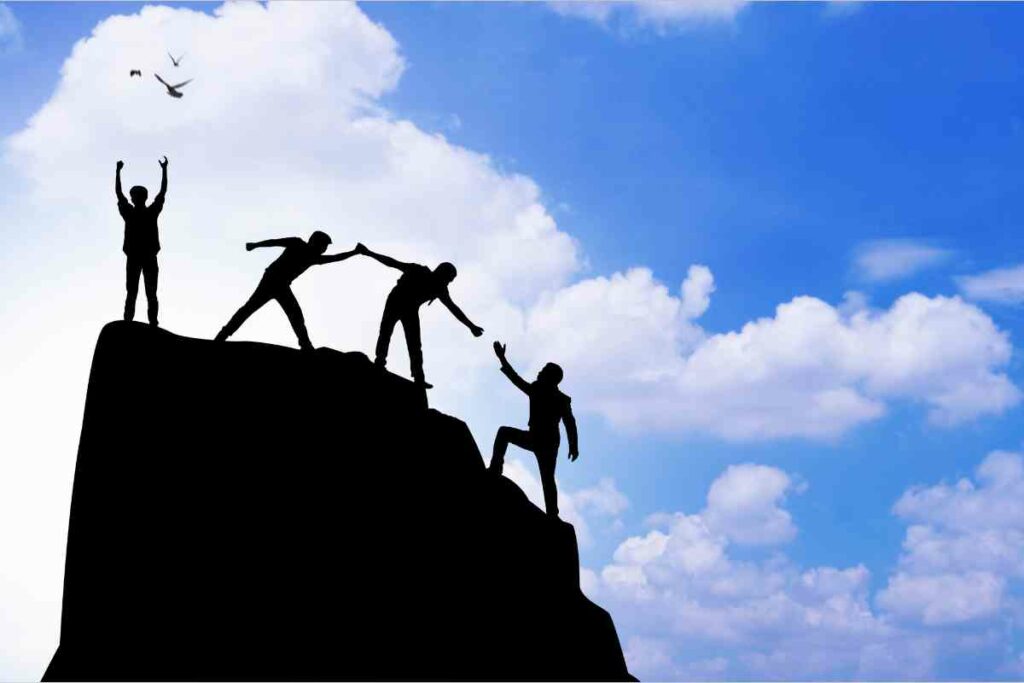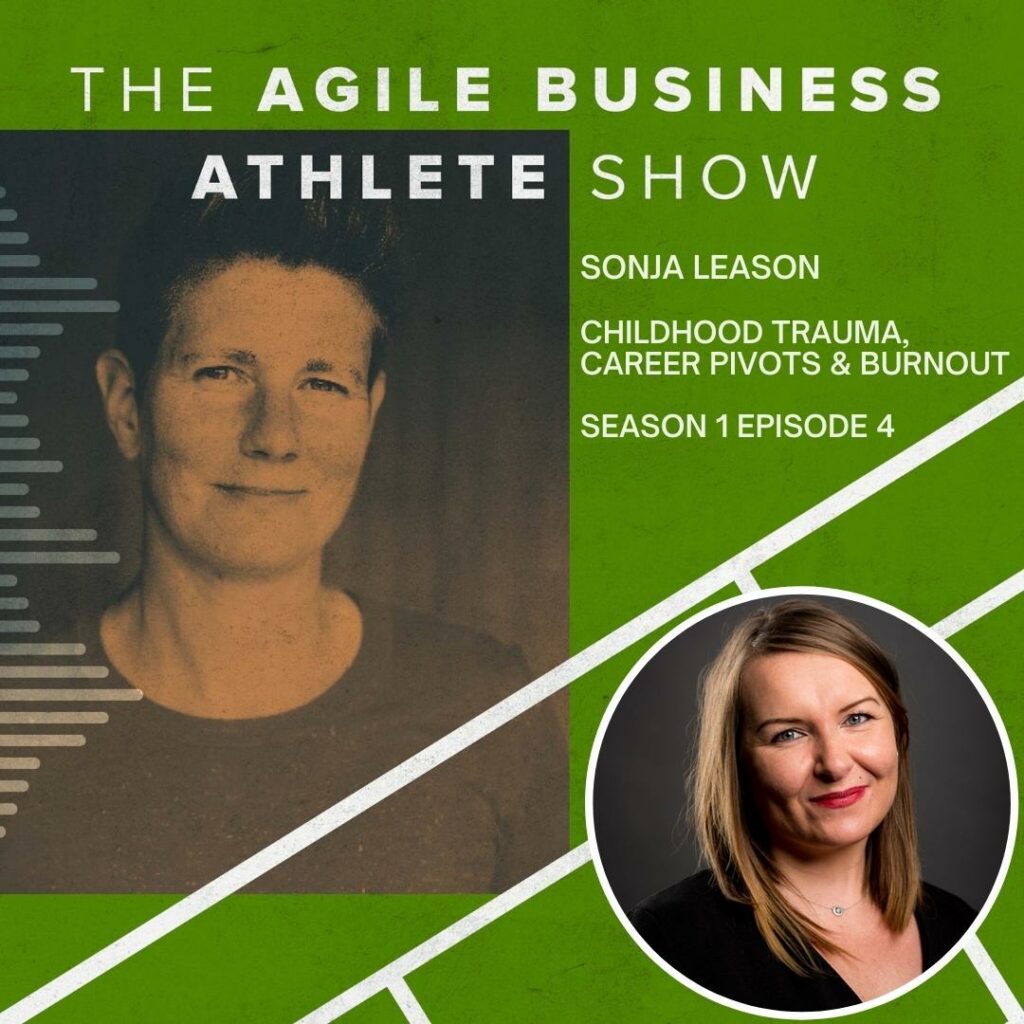It’s the final instalment in our series on emotional resilience, and this one is about social relationships. In case you missed any of them, part one was about sleep. Part two, I discussed doing something that is meditative. And last time we looked at the relationship between food and mood. All are essential for wellbeing, but arguably the most important is human connection. So, in this blog post, we’ll be exploring why I think that is, and how you might benefit from more interaction.
Human contact
We live in a digital age: a time of remote and hybrid working, and the tenable inflection point of AI. As a result, our level of day-to-day human contact is in decline, and we know this will have a huge impact on both our mental and physical health. There’s already a significant amount of research around the negative effects of social isolation – with some studies even linking it to increased risk of all-cause mortality. In the shorter term, however, loneliness can amplify feelings of stress, anxiety and depression. And that’s why I think social relationships are critical for emotional resilience. It’s also why I think fostering social relationships is going to become increasingly more important.
Helping others
I’m sure you’ll be able to think of a time when being around others – whether you’re helping them, or they’re helping you, or it’s reciprocal – has enabled you to get something done; to feel more resilient. Hopefully, you have one person, or a network of people, who provide a layer of resilience for you. As part of his research on Blue Zones, and why these areas of the world contain higher proportions of centenarians (people aged 100+), Dan Beutener found that the tradition of moai, defined as either a group of lifelong friends, or a social support group that forms in order to provide varying support from social, financial, health, or spiritual interests, is why the people of Okinawa live better and longer.
Getting things done
I want to share an example of how some human interaction helped me to overcome a challenge. A couple of years ago, my partner and I were doing an endurance event. We’d fallen behind with somebody else, and the collective feeling was pretty low. It was hard work and we were being pushed to our limits, but we started to talk to each other, and some of the people around us. People we didn’t know, were all trudging along in the same direction, for the same event. And by connecting with them – getting out of self, if you like – and having some really interesting conversations, we all immediately felt better. Doing so enabled us to press on, and make it to the finish line for that day. And this story really illustrates the link between social relationships and emotional resilience.
Emotional resilience
If you think about it, I’m sure you’ll remember a time when you’ve helped other people, or when other people have helped you to get something done. It could have been a stranger, or perhaps someone you know very well. It might have been one person, or maybe it was many. The point is, social relationships and human connection are really important for emotional resilience. So, look around. Who’s right there in front of you that helps you to be resilient? Who can you help to be resilient, also? Because being of service to others is a big part of it.
So, there you have it. Four different ways to develop better emotional resilience: sleep, meditation, food and social relationships. I hope you’ve found this series helpful, and please feel free to share these blogs with anyone you think might benefit from reading them. You can also reach out to us on Facebook, Insta, or LinkedIn to let us know if they’ve helped you. All the very best for now.
BOND
Interested in sharing this message with your team? In this fun and interactive keynote, Leanne uses the power of storytelling to improve trust, belonging and connection across organisations using her unique BOND Approach.


